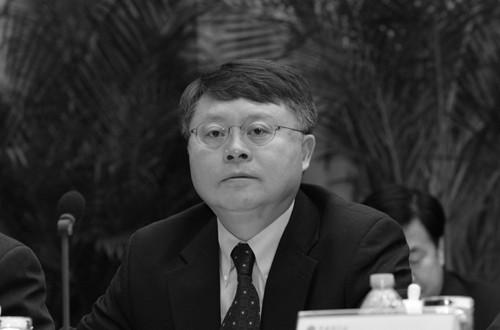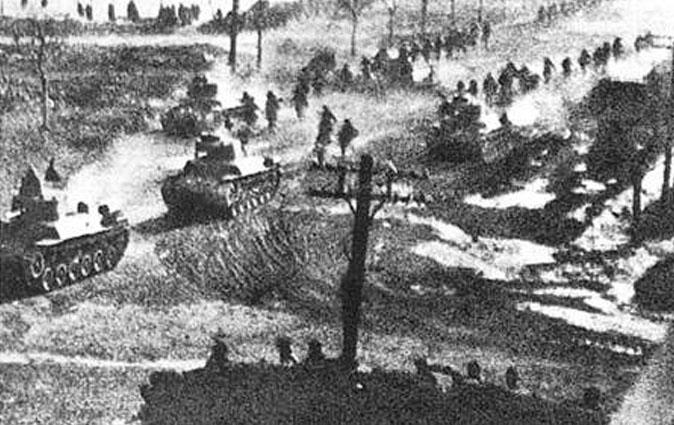As promised by Wikileaks founder Julian Assange, Wikileaks has released a large amount of information taken from Hillary Clinton’s private server.
Wikileaks prefaces the email archive of over 30,000 emails by saying, “On March 16, 2016 WikiLeaks launched a searchable archive for 30,322 emails & email attachments sent to and from Hillary Clinton’s private email server while she was Secretary of State. The 50,547 pages of documents span from 30 June 2010 to 12 August 2014. 7,570 of the documents were sent by Hillary Clinton. The emails were made available in the form of thousands of PDFs by the US State Department as a result of a Freedom of Information Act request. The final PDFs were made available on February 29, 2016.”



